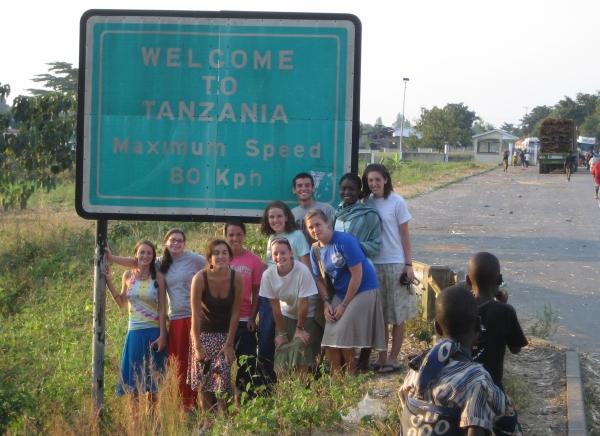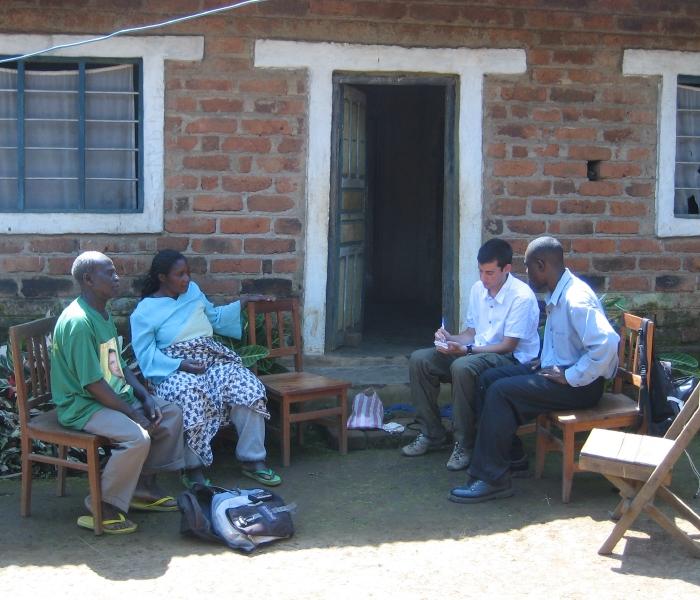Tanzania Field Experience

For those students interested in studying abroad during the summer the Ethnographic Field School in Tanzania offers students a thorough understanding of nutrition and health challenges faced by people in East Africa in cultural, economic, and political contexts. The program offers this understanding through practical training in field research that specifically examines interactions between cultural traditions and practices, regional environments, changing political landscapes, and local, national, and international economic trends. The field school covers three locations in Tanzania: Dar es Salaam, Zanzibar, and the Rungwe district in rural southwest Tanzania. Dar es Salaam, the nation's historic Indian Ocean capitol, is a center of economic, medical, and social activity and home to the University of Dar es Salaam. Zanzibar has long been an entrepôt connecting mainland Africa with the wider Indian Ocean World, important for the history of Islam in eastern Africa and the development of Swahili language and culture.
 In Rungwe District, most people engage in small-scale farming and grow a diverse variety of crops for both subsistence and sale. Despite favorable conditions for agriculture, many families are susceptible to malnutrition and subsequent health challenges. Program activities focus on the themes of nutrition, culture, environment, and health; and how scholars, professionals, and the wider Tanzanian population address such issues. Students will tour sites and visit people who have direct involvement with these topics in order to consider connections between scholarship, fieldwork, lived experience, and practical knowledge. Research exercises will teach a variety of ethnographic methods, and in the final weeks, students will design and conduct guided independent research projects relating to the themes of the program. Each student will work with a Tanzanian peer translator, arranged by the directors, to conduct his or her project.
In Rungwe District, most people engage in small-scale farming and grow a diverse variety of crops for both subsistence and sale. Despite favorable conditions for agriculture, many families are susceptible to malnutrition and subsequent health challenges. Program activities focus on the themes of nutrition, culture, environment, and health; and how scholars, professionals, and the wider Tanzanian population address such issues. Students will tour sites and visit people who have direct involvement with these topics in order to consider connections between scholarship, fieldwork, lived experience, and practical knowledge. Research exercises will teach a variety of ethnographic methods, and in the final weeks, students will design and conduct guided independent research projects relating to the themes of the program. Each student will work with a Tanzanian peer translator, arranged by the directors, to conduct his or her project.